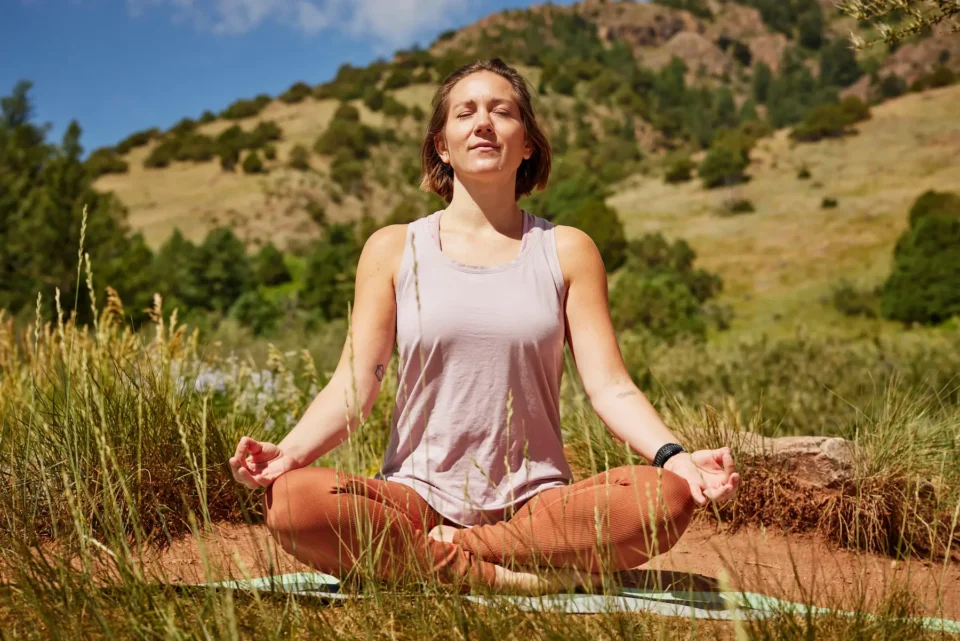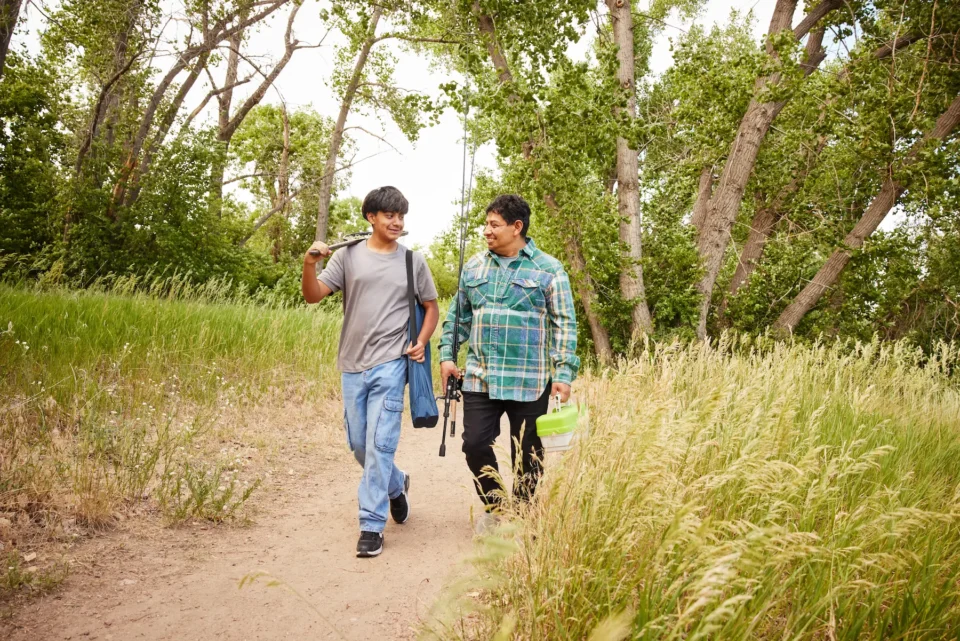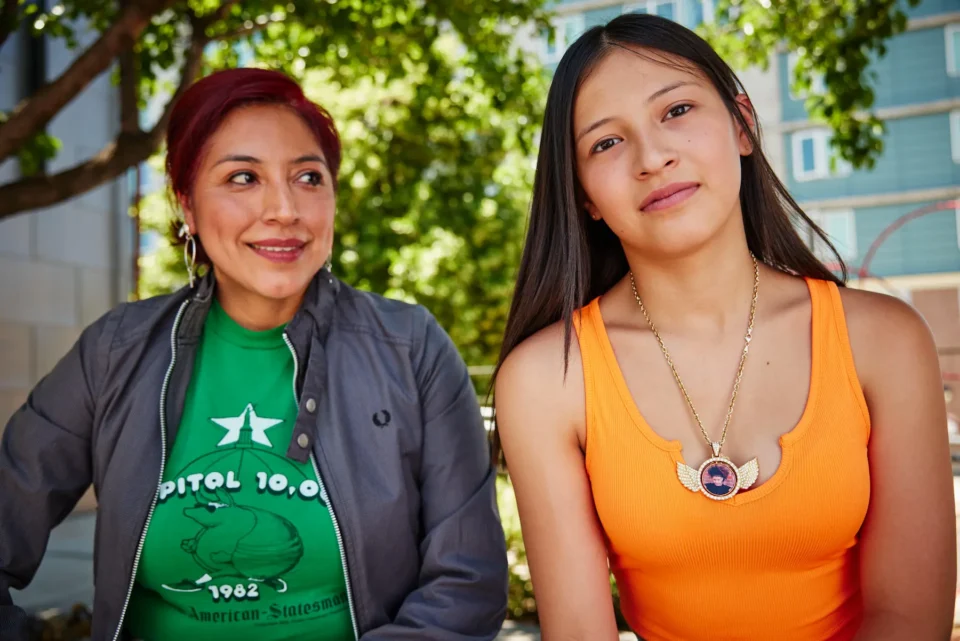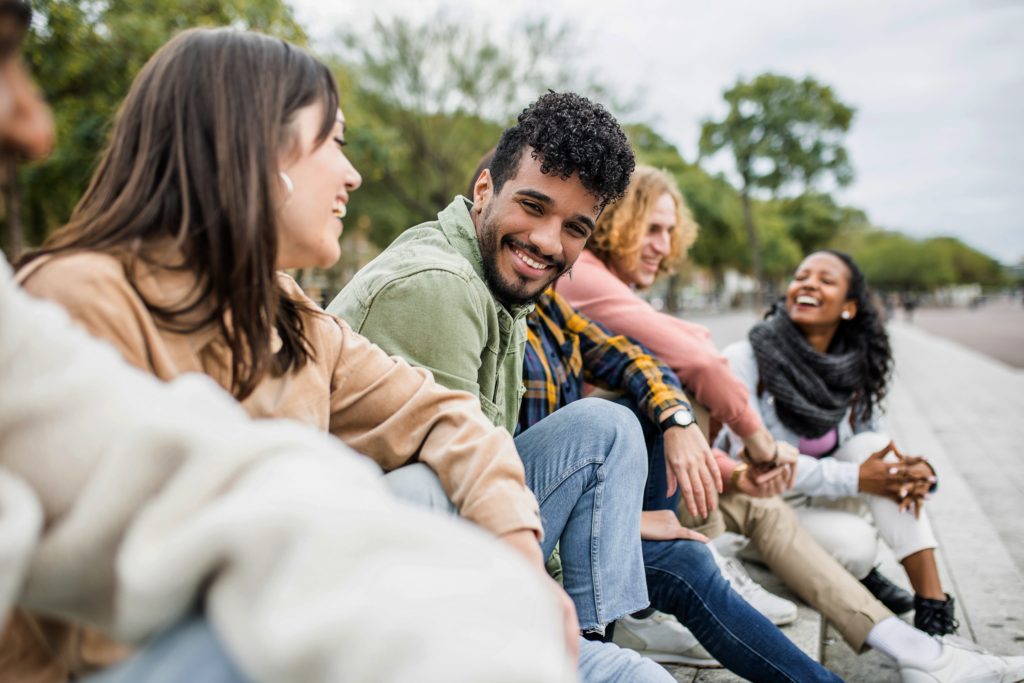
It doesn't matter what stage of life you're in, stress is going to find you. What does matter is how you choose to manage it.
Whether you're undergoing a major shakeup like family changes or job anxiety, or just feeling generally blah, turning to cannabis truly is tempting. But cannabis use brings risks that need to be considered. If you're open to safer ways to manage stress, here are some ideas.
Coping strategies can be negative (like cannabis use or alcohol use) or positive, like some of the coping strategies discussed below. Successful strategies vary based on personality and resources. The goal of all of them is to regulate emotions, alleviate stress, and adapt to difficulties.
Unhealthy coping strategies include activities that are ultimately harmful to oneself, such as negative self-talk, withdrawing from friends and family, avoiding or ignoring a problem in a way that doesn’t help find a solution, using substances like alcohol and cannabis to forget about what is going on, denying that there are problems, and being aggressive or taking anger out on others.
Healthy coping strategies include spending time with others, active problem-solving, positive reframing (thinking about the situation differently, for example, I have learned something new about myself that I can use in the future), engaging in physical and creative activities, mindfulness, and relaxation techniques.

Mindfulness is a mental state characterized by an intentional and nonjudgmental awareness of one's thoughts, feelings, bodily sensations, and the surrounding environment. Mindfulness practices involve cultivating present-moment awareness and are often rooted in mindfulness meditation, mindful breathing, and other contemplative techniques. The goal of mindfulness is to develop a heightened sense of clarity, focus, and acceptance, fostering overall well-being.
Youth benefit from mindfulness in many ways, including stress reduction, improved focus and concentration, enhanced self-awareness, improved sleep quality, social skill development, enhanced coping skills, and mindful decision-making. By engaging in mindfulness practices, such as deep breathing, meditation, mindfully listening to others, artistic expression, and spending time outdoors, youth can cultivate present-moment awareness and promote mental well-being.

Gratitude is a positive emotion and an attitude of appreciation or thankfulness for the good things and experiences in one’s life. It involves recognizing and acknowledging the positive aspects, people, or circumstances that contribute to one’s well-being. Gratitude is often associated with feelings of contentment, joy, and a sense of connection to others or the broader world. Regular engagement in gratitude exercises has also been associated with reduced stress levels, increased emotional well-being, a more positive perception of life circumstances, resilience in the face of challenges, and a lower likelihood of engaging in negative coping mechanisms, such as substance use.
Practicing gratitude can enhance an individual’s coping skills by shifting the focus from stressors to positive aspects of life and improving emotional well-being — both of which could serve as protective factors against substance use. Gratitude practices are most effective when done consistently over time. They are also very easy to do at any point during the day and can take only 5 minutes to complete. Youth can try a practice at the same time every day, such as when they wake up, are on a break, or before bed. Selecting the same time every day will help an individual stay consistent with this practice. Youth should find a quiet and peaceful environment where they feel comfortable to focus. They can meditate or create a “daily gratitude diary.”

Emotional awareness refers to the ability to recognize, understand, and effectively manage one’s own emotions. It involves being in tune with your feelings and those of people around you. Individuals who are more aware of their emotions are better able to respond to stressful situations since they can identify and curb negative emotions (e.g., anger, anxiety) and replace them with positive emotions (e.g., confidence, empathy).
Youth can increase emotional awareness by learning how to identify and distinguish emotions such as anger, anticipation, joy, trust, fear, surprise, sadness, and disgust. Next steps include observing rather than reacting; identifying triggers; identifying the information the emotion is giving you; asking yourself what you can do differently; and recognizing and responding to emotions in others and staying flexible and positive.

Physical activity is any movement that uses energy, ranging from daily tasks to structured exercises. It is crucial for overall health, promoting fitness and reducing the risk of various health issues. Exercise increases production of endorphins, which makes an individual feel good; provides stress relief; and can serve as a form of meditation, taking the mind from daily stressors. All these benefits combined improve mood and can help reduce symptoms of depression and anxiety.
In Colorado, youth can explore a variety of scenic bike trails, ranging from urban paths like the popular Cherry Creek Trail in Denver, to challenging routes in the Rocky Mountains. Many communities, particularly in urban areas, like Boulder and Fort Collins, prioritize cycling infrastructure, providing dedicated lanes and paths to ensure safe and convenient rides within city limits. For those without a bike, numerous places in the state offer bike rentals, enabling youth to experience cycling without a significant upfront investment.

Connecting with nature is like giving a gift to your mind and body. It makes you feel happier, reduces stress, and even helps you concentrate better. Being in nature is good for your physical health, helps you relax, and contributes to overall well-being. Nature can also improve your sleep, boost your mood, and make you feel more connected to the world around you. In a nutshell, spending time in nature is like a natural remedy for feeling good and managing stress.
Research suggests that in neighborhoods with more greenery, the positive impact of having healthy peer networks is stronger in reducing substance use. This effect is especially significant for youth with challenges in decision-making and self-control. Spending at least 120 minutes in nature per week (or 30 minutes a day for four days a week) is associated with a significantly higher likelihood of reporting good health and high well-being. One way youth can achieve this amount of time in nature is by going for a mindful walk, also known as “walking meditation.” This is an active practice that requires you to be consciously aware and moving in the environment rather than sitting down with your eyes closed.

Sleep hygiene refers to a set of practices and habits that promote healthy and restful sleep. These practices aim to create an optimal sleep environment and establish routines that support quality sleep. Sleep hygiene includes factors such as bedtime routine, sleep environment, and lifestyle choices that can impact the ability to fall asleep and stay asleep.
The American Academy of Sleep Medicine says children 6–12 should get 9–12 hours of sleep per 24 hours and youth aged 13–18 should get 8–10 hours of sleep per 24 hours. Quality and quantity of sleep directly impacts stress levels. Establishing healthy sleep habits is crucial for managing stress, as proper rest supports emotional resilience and cognitive function, helping individuals better cope with life’s challenges. Tips for improving restful sleep include being consistent, creating a comfortable sleep environment, limiting screen time, avoiding eating close to bedtime, and exercising regularly.

It is important for your well-being to learn and grow over time. Growth mindedness is being motivated to view any given situation as an opportunity for personal growth, not only in terms of the immediate moment, but in the long term. A growth mindset pushes youth to overcome negativity and limitations and instead supports them in persisting in the face of setbacks. Youth with this type of mindset take feedback well and use it as an opportunity to learn. They believe that they can improve over time with effort and practice.
With a growth-minded perspective, difficult situations are seen as an opportunity for personal growth — not just for yourself but for others as well. When someone has a growth mindset, it means that they believe they can learn new things, change, do better over time, and develop. They see challenges and setbacks as a chance to learn and grow, instead of holding onto a fixed belief that difficult situations can’t be changed. Having this value helps one be open to learning and make course corrections without judgment. A person who embraces this value more often finds a sense of meaning and purpose in life.

Helping teens find purpose is a critical way to help them combat stress, find greater happiness, have more life satisfaction, use better coping skills, and develop resiliency in the face of challenges. It also helps their mental health. Teens who have a sense of purpose are more motivated because they are pursuing activities they find more meaningful. During the adolescent years, it is very important for teens to clarify and understand their own values and purpose. When adolescents have a better understanding about their values and motivations in life, they are better prepared to face and handle daily stressors.
Some techniques adults can use to help youth discover their purpose, values, and meaning are asking open-ended “why” questions that help them explore themselves; finding activities that can help them uncover their interests, talents, and strengths; and encouraging them to have experiences that are meaningful and transformative, such as wilderness experiences or volunteering.

Social connection is a basic human need and is one of the most protective ways to manage stress and promote physical and mental health and overall well-being during all stages of life. Broadly, social connection “encompasses the interactions, relationships, roles, and sense of connection individuals, communities, or society may experience,” as the U.S. Surgeon General put it. Positive and supportive relationships can help protect youth against substance use, while strained or negative relationships may contribute to risk for using substances. Social support for youth means having help from family, friends, and the community to navigate challenges, manage stress, and achieve positive outcomes. Positive adult role models are crucial, contributing to academic success, emotional well-being, and the development of positive values in young individuals.
Evidence shows that youth from some cultural backgrounds use mental health services more than others, who gravitate instead to family, friends, or community members for guidance. For them, having a group of people who understand and share similar experiences can be a powerful source of strength and affirmation. Youth, particularly, rely on social support from peers who do not use substances to foster healthy lifestyles and coping mechanisms. Strengthening the social support network among young people can significantly reduce the likelihood of substance use initiation and provide invaluable resources for navigating challenges and setbacks.
For any questions, please email info@teaonthc.org
Powered by Colorado School of Public Health
Desarrollado por la Escuela de Salud Pública de Colorado